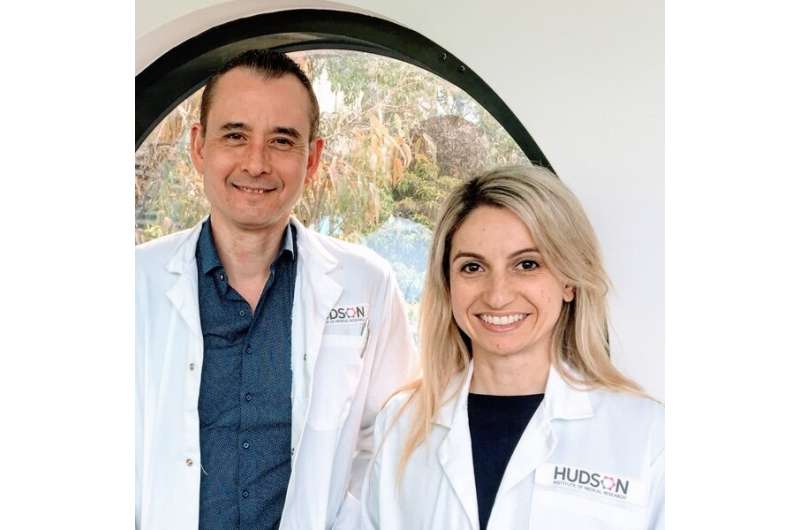This article has been reviewed according to Science X's editorial process and policies. Editors have highlighted the following attributes while ensuring the content's credibility:
fact-checked
peer-reviewed publication
trusted source
proofread
How social media can help to understand treatment experiences of survivors of rare cancers

Cancer specialists have taken a novel path to advance their research—tapping into a Facebook group for rare ovarian cancer insights.
Patients often don't feel heard by the medical profession, so this world-first study published in the journal Cancer listened to women living with rare ovarian cancers via the social media group they set up themselves.
The 743 members of the GCT-Survivor Sisters (GCT-SS) Facebook group chose to share their experiences of being treated for granulosa cell tumors, putting the researchers in a privileged position and giving the women a chance to make a difference.
U.S.-based group member Sue Rodgers said they had been trying for many years to bring attention to this rare disease when researcher Maria Alexiadis at Hudson Institute reached out and a wonderful relationship was formed.
"Social media has played an extremely important part in sharing effective cancer treatments for GCT, research findings and educating people to advocate for themselves with their physicians who may have little knowledge of the disease," Rodgers said.
What is GCT?
Granulosa cell tumors (GCT) are rare, making up 2%–7% of malignant ovarian cancers. They can develop at any age, even in children. The condition has a high rate of late recurrence, meaning even if surgery is effective, women live for years in constant fear that their cancer might return.
Associate Professor Simon Chu's Hormone Cancer Therapeutics research group is striving to bring hope to children and women with granulosa cell tumors—through better diagnosis, early detection and more targeted treatment.
Tapping into women's cancer experience
Chu said it was a rare opportunity to tap into these women's experiences of their treatment and follow-up.
"One of the exciting parts is that we're delving into an area that's new," Dr. Chu said. "Effectively what this group has done is build a medical database with some amazing information. What's even more special is that they chose to share that database with us, so we could help design better treatments."
Alexiadis was part of a team including researchers from Monash and Deakin Universities; for all of them it was a new approach and a very worthwhile one.
"Because of its rarity, there's a lack of clinical evidence to point to the most effective treatments; there's even a lot of uncertainty about chemotherapy, and limited evidence regarding its benefit for both early and advanced stage of this disease," Alexiadis said.
"So, naturally forming consumer groups on social media may assist with developing the evidence base for care and supporting those living with rare diseases such as GCT."
Professor Victoria White from Deakin University and lead author on the paper reporting the results of the GCT-SS data agrees. "There is growing interest and expectation that people with lived experience will be involved in research investigating their condition—this study demonstrates the benefits of this approach. Being able to access the database that the GCT-SS had developed through their group and then working with members of the group to report on the findings from their data has been a terrific experience and helps to ensure the issues consumers want to see addressed are recognized."
Shellharbour-based Tasha Armour, CEO of Rare Ovarian Cancer (ROC) Inc., said having a child diagnosed with a rare ovarian cancer that had previously received no research is a pain hard to put into words.
"This research brings so much hope for future treatment options. I was thrilled to join my fellow Survivor Sisters members as co-authors of this study. It's been amazing to work with the team to get closer to a treatment for these rare cancers, especially juvenile granulosa cell tumors, which are among the rarest ovarian cancers. It's very significant research that we can all be proud of," she said.
More information: Victoria M. White et al, How social media can help to understand treatment experiences of survivors of rare cancers: Findings from the Granulosa Cell Tumor (GCT) Survivor Sisters Facebook group member survey, Cancer (2023). DOI: 10.1002/cncr.34767





















